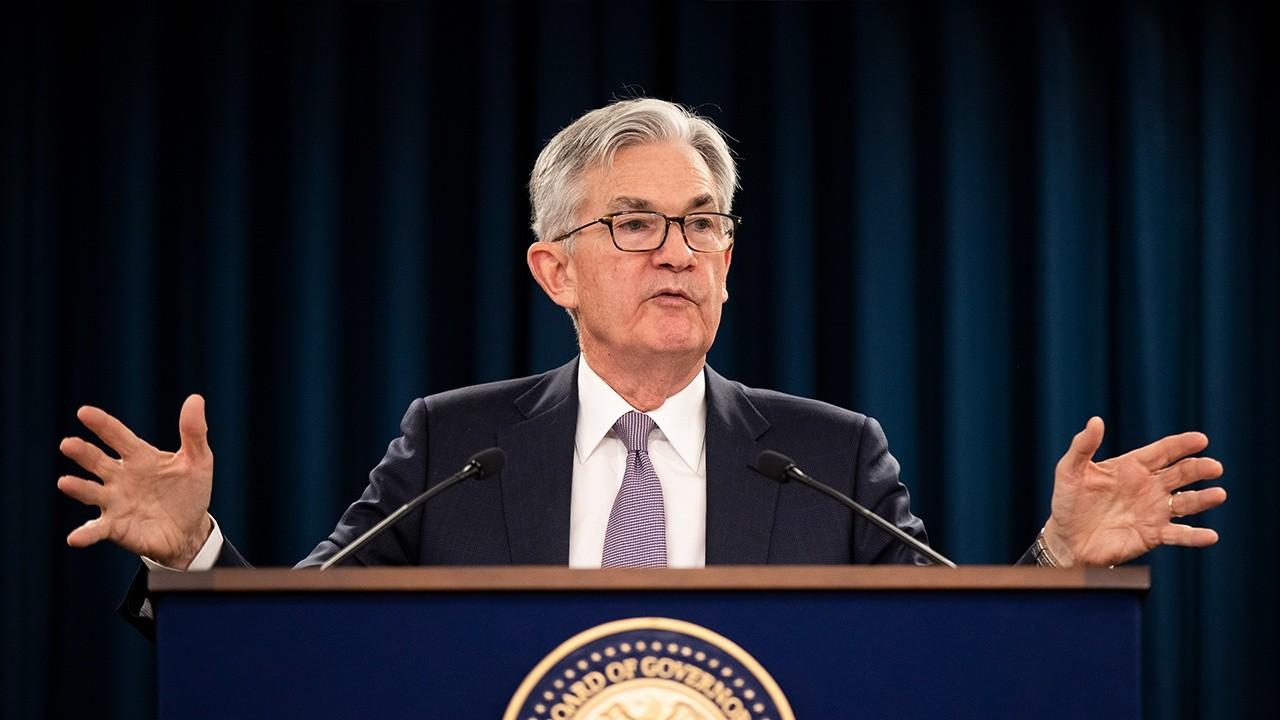Fed's Powell says US economic outlook still 'highly uncertain,' but wider vaccine rollout key
Powell's testimony comes amid fresh fears that the Fed will tighten monetary policy sooner than expected
Federal Reserve Chairman Jerome Powell said Tuesday the U.S. economy remains in the throes of the coronavirus pandemic, telling Congress during his semi-annual testimony that the outlook is "highly uncertain," but that it could improve later this year as more Americans are vaccinated.
"The path of the economy continues to depend significantly on the course of the virus and the measures undertaken to control its spread," Powell said during the first of his two-day appearance on Capitol Hill. "The resurgence in COVID-19 cases, hospitalizations, and deaths in recent months is causing great hardship for millions of Americans and is weighing on economic activity and job creation."
The unemployment rate in the U.S. has fallen to 6.3%, but Powell and other top economic officials have pointed to a figure that suggests the jobless rate is actually at 10%. There remain close to 10 million out-of-work Americans compared to February, before the crisis began.
Powell's testimony comes amid fresh concerns on Wall Street that a rise in bond yields and U.S. inflation expectations will cause the central bank to tighten its monetary policy sooner than expected. But he reiterated that policymakers would not raise rates until "labor markets have reached levels consistent with the committee’s assessments of maximum employment and inflation has risen to 2% and is on track to moderately exceed 2% for some time."
"The economy is a long way from our employment and inflation goals, and it is likely to take some time for substantial further progress to be achieved," he said.
At its most recent meeting in January, the Fed held the benchmark federal funds rate at a range between 0% and 0.25%, where it has been since mid-March, and said would continue to buy at least $120 billion of bonds each month “until substantial further progress has been made toward the Committee’s maximum employment and price stability goals."
Officials have also pledged to keep rates low, even if inflation gets close to or slightly exceeds the Fed's target range of 2%. Previous projections from the Fed's December meeting show that policymakers expect interest rates to remain near zero through 2023.




















